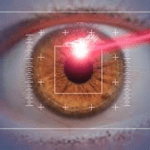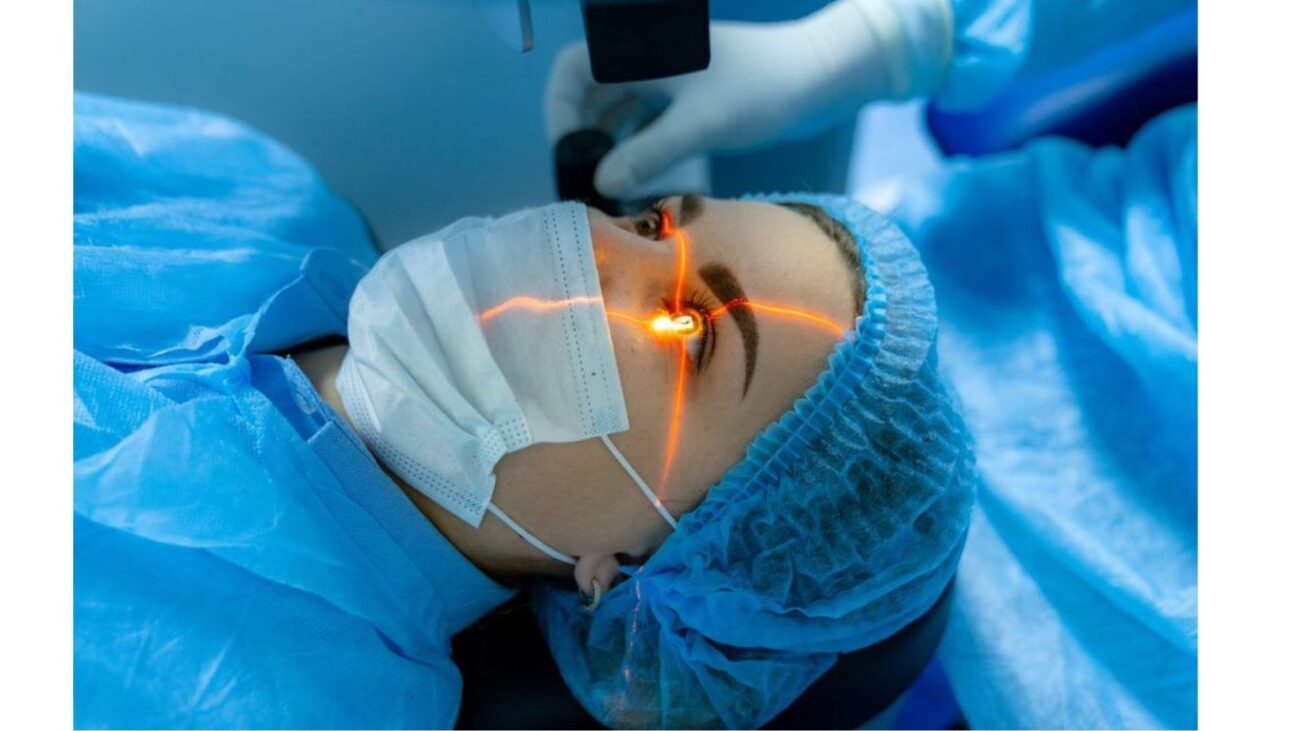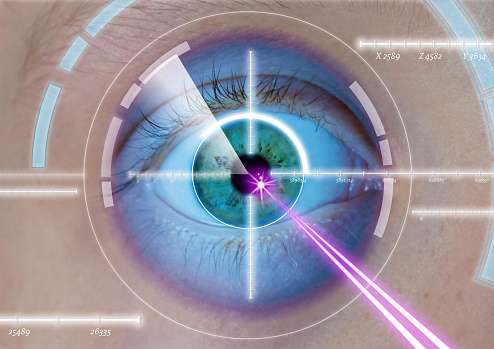In recent years, advancements in ophthalmology have significantly transformed the eye care landscape. From groundbreaking innovations in cutting-edge surgeries to the introduction of non-invasive treatments, modern technology now offers highly effective solutions for a variety of eye conditions. As a result, patients have access to methods that are not only faster and safer but also more efficient in preserving and enhancing their vision. In this blog, we will delve into the Latest Eye Treatment that are revolutionizing vision care and reshaping the future of ophthalmology.
1. Smile Surgery
Small Incision Lenticule Extraction (SMILE) is a minimally invasive laser surgery designed to correct refractive errors like myopia. Unlike LASIK, however, SMILE requires a smaller incision, which means quicker recovery and a reduced risk of complications.

Latest eye treatment: Innovations in Vision Care Benefits:
- Faster healing process
- Minimal disruption to corneal nerves
- Suitable for active individuals
2. Contoura Vision LASIK
An advanced form of LASIK surgery, known as Contoura Vision, takes precision to the next level by mapping the unique topography of the cornea for personalized treatment. Not only does it correct refractive errors, but it also effectively addresses corneal irregularities, ultimately ensuring sharper and more accurate vision.
Benefits:
- Improved night vision
- Higher patient satisfaction
- Enhanced precision
3. Implantable Collamer Lens (ICL)
For patients who are unsuitable for laser surgeries, a viable alternative exists in the form of Implantable Collamer Lenses (ICL). In this procedure, a biocompatible lens is implanted inside the eye, allowing for vision correction without altering the cornea. As a result, patients can achieve improved eyesight without undergoing traditional laser techniques.

Benefits:
- Reversible procedure
- Effective for high refractive errors
- UV protection
4. Cross-Linking for Keratoconus
Keratoconus, a condition where the cornea thins and bulges, can now be effectively managed through corneal cross-linking. In this minimally invasive procedure, the corneal tissue is strengthened by combining riboflavin and UV light. As a result, the progression of keratoconus can be halted, offering patients a promising solution to preserve their vision.
Benefits:
- Halts disease progression
- Improves corneal stability
- Reduces the need for corneal transplants
5. Artificial Intelligence in Diagnosis
AI-powered tools, such as optical coherence tomography (OCT), are revolutionizing eye care by enhancing the early detection of conditions like glaucoma, diabetic retinopathy, and macular degeneration. By leveraging advanced algorithms, these tools provide more accurate and timely diagnoses, thereby improving patient outcomes and enabling earlier interventions.
Benefits:
- Accurate diagnosis
- Faster treatment planning
- Improved patient outcomes
6. Gene Therapy for Retinal Disorders
Gene therapy is rapidly emerging as a promising solution for inherited retinal diseases. By introducing corrective genes directly into retinal cells, this groundbreaking treatment has demonstrated the potential to restore vision in patients with conditions such as Leber congenital amaurosis (LCA). As research continues to advance, gene therapy offers hope for addressing previously untreatable vision disorders.
Benefits:
- Long-term vision restoration
- Targets the root cause of genetic disorders
7. Robotic-Assisted Eye Surgeries
Precision is absolutely critical in eye surgeries, and robotic systems are now playing a pivotal role in assisting surgeons during complex procedures. By enhancing accuracy and minimizing human error, these advanced systems help to reduce risks, particularly in delicate surgeries such as retinal repairs. As a result, patients can benefit from improved outcomes and faster recovery times.
Benefits:
- Higher surgical precision
- Reduced human error
- Shorter recovery time
8. Blue Light Filtering Lenses
With the increasing use of digital devices, the impact of blue light exposure has become a growing concern. To address this issue, blue light filtering lenses have been developed to reduce eye strain and protect the eyes from both digital eye strain and potential retinal damage. As more individuals rely on screens daily, these lenses offer a practical solution for maintaining eye health.
Benefits:
- Improved comfort during screen time
- Protection against macular degeneration
- Better sleep quality
Author Details:
Dr. Sushruth Appajigowda holds a prominent position as a Cornea, Cataract, Glaucoma, and LASIK Surgeon in Bangalore. He serves as the chief Cataract and Refractive surgeon at Vijaya Nethralaya Eye Hospital, Nagarbhavi Bangalore. Renowned as one of the finest LASIK surgeons nationwide, he brings with him over 12+ years of experience across multiple LASIK platforms, including ZEISS, ALCON, SCHWIND, AMO, and Bausch and Lomb. Having successfully conducted over 5000 LASIK procedures, Dr. Sushruth holds the title of a Certified Refractive Surgeon and a Fellow of the All India Collegium Of Ophthalmology. Furthermore, he stands as a distinguished speaker at various National and International Forums, using his expertise to guide you in selecting the most suitable procedure based on your health requirements.

http://vijayanethralaya.com/link-in-bio/
Conclusion:
The latest advancements in eye care provide patients with safer and more effective treatments than ever before. Therefore, whether you are seeking a solution for vision correction or managing a chronic condition, it is essential to consult a trusted ophthalmologist to explore these state-of-the-art options fully. Prioritize your vision and stay informed about these groundbreaking innovations.
Looking for expert advice on eye treatments? Contact us today to schedule a consultation!










